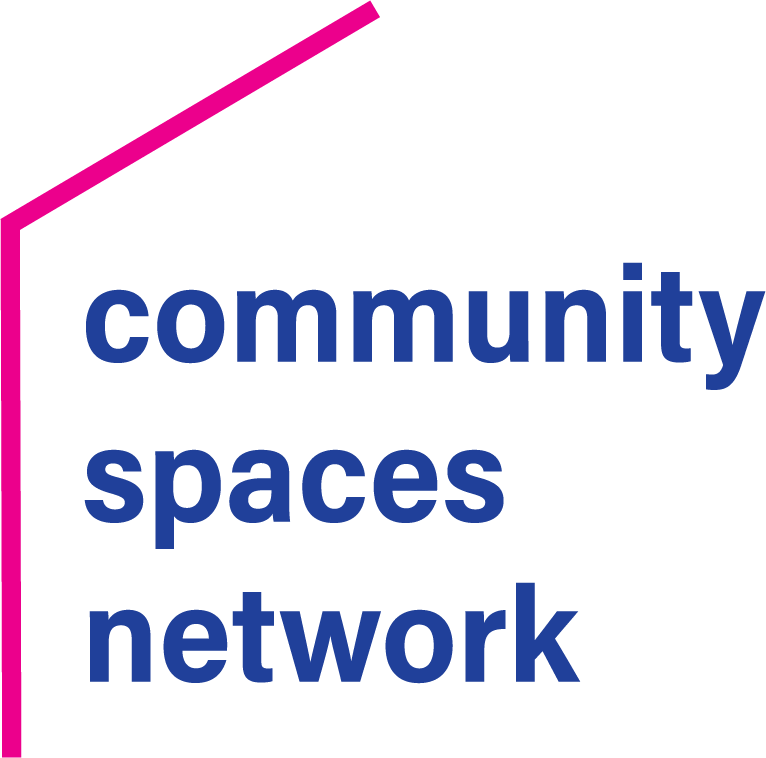Looking for the nuts and bolts of creating and operating your own mission-driven shared space?
Developing and running a nonprofit center requires real estate know-how with a unique nonprofit lens – not an easy task. No matter what stage you’re in, this boot camp will provide a road map full of tips, success stories, and common pitfalls to avoid.This online course is recommended for anyone who is leading or supporting a shared space project, including nonprofit leaders and Board of Directors members, as well as any funders or representatives from local/regional governments who are, or are considering, supporting a nonprofit center project.
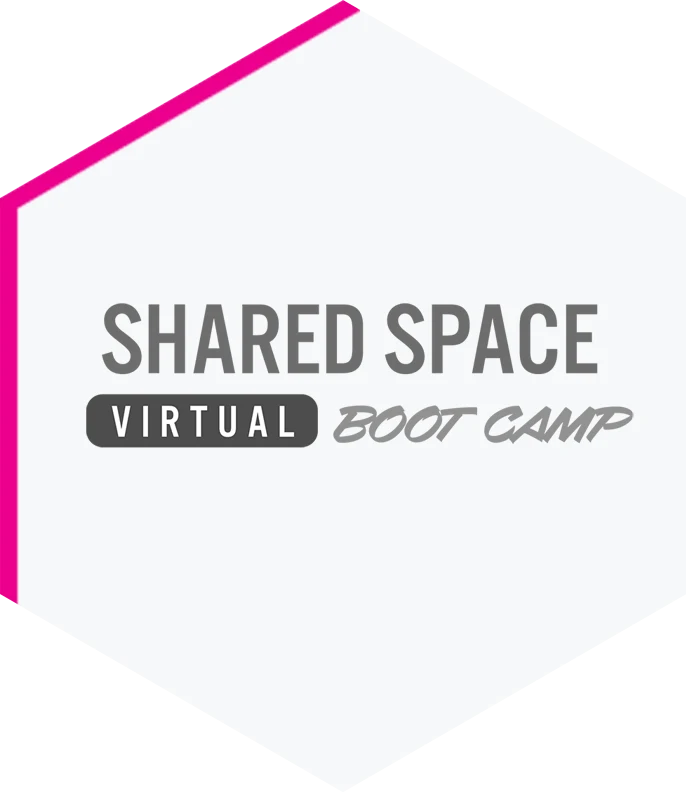
What You’ll Learn:
How a nonprofit center is defined with a range of examples and best practices and trends from the field.
The benefits of colocation for nonprofits, their teams, and the communities they serve, and how to frame these benefits into a compelling pitch.
A detailed project road map that layers real estate expertise with shared space conditions including feasibility, finding a building, becoming a landlord, and more.
The pros and cons of different kinds of pre-development and capital funding, including capital campaigns, bonds, traditional debt financing, and more.
Actionable tips to ignite connection and engagement among your tenants within your center, as well as decide if a collaborative governance approach is right for you.
Where to find more help if you need it, including how NCN and its network can support your journey through membership or through a consulting engagement.
This Course Includes:

Unlimited Organizational Access

6 Hours of Training

12 Modules of On Demand Expert Content

19 Downloadable Guides, Templates, & Resources
Course Content:

Module 1:
About Nonprofit Centers
Nonprofit centers can be called many things – a community center, an impact hub, a resiliency center, etc. – but there are common characteristics, and we don’t need to reinvent the wheel. Learning about previous examples and common components can provide us a strong foundation to serve our communities.

Module 2:
Determining Vision & Project Goals
Deeply understanding the community’s needs and designing a project to respond to them is the cornerstone of social purpose real estate. Additionally, creating a nonprofit center will require significant financial and staffing resources and it’s critical to understand if your organization or collective of organizations is prepared to embark on this journey.
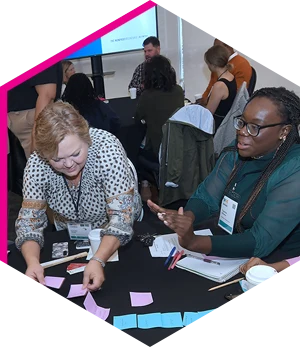
Module 3:
Understanding Feasibility: Establishing Demand For Your Center
When planning a community-serving real estate project, you’ll need to really understand what type of organizations might be attracted to the project and what types of spaces they’d need. Also critically important – what kind of culture/amenities are they seeking and what can they pay? Assessing all of these factors will determine your project’s feasibility and long-term sustainability.

Module 4:
Assembling a Project Team & Selecting a Site
All real estate projects are complex. Even if you have prior experience, having the right team assembled to carry out the work will greatly increase your chances of success. What factors should you consider while searching for the right site?

Module 5:
Understanding & Determining Pre-Development & Capital Costs & Financing
Cost and scale are key to understanding basic project feasibility and will impact operating costs. Having a good understanding of costs and being able to describe them is essential in talking to potential partners, tenants, lenders and funders.
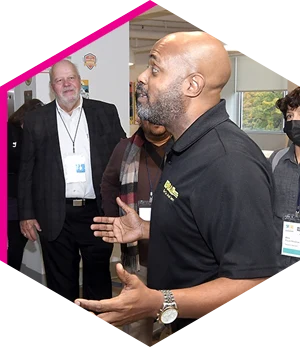
Module 6:
Congratulations, You’re a Landlord! Finding & Serving Tenants
Being a landlord requires a different skillset than most nonprofit professionals already have. But, understanding the basics of property management and serving your tenants well ultimately supports your center’s mission/vision, helps sustain your center financially, and mitigates your legal and reputational risks.

Module 7:
Calculating Expenses & Revenue
Before you attract the first dollar of investment to build your project, both you and your investors and lenders will want to know that the project will be financially feasible. Is it possible to keep rents affordable and still offer the amenities that will make your facility drive the impact that you envision?

Module 8:
Governance of Your Space
This module discusses how decisions big and small are made in community spaces. Governance is important because you want everyone to understand how they can work together in a collaborative, equitable and respectful manner.
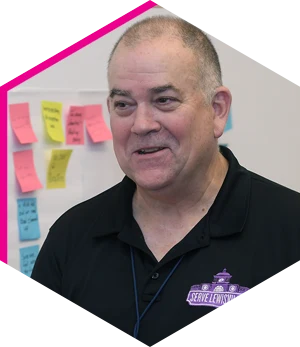
Module 9:
Laying the Groundwork for Evaluation & Making Your Case
More and more, funders’ expectations related to giving have to do with a concrete description of the need that you are addressing and how you will measure and report the impact from your efforts.

Module 10:
Staffing & Daily Operations
This topic is important because a nonprofit center is so many things at once: a real asset, a tenanted space, a set of complex mechanical systems, and a community. A team will need to manage and coordinate all of these bodies of work to ensure the building retains its value, is safe and functional for users, meets the obligations of your funding/financing and executed leases, and delivers on your mission.
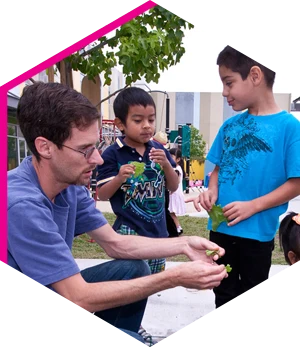
Module 11:
Building & Sustaining a Vibrant Community
Nonprofit centers exist for reasons beyond just providing space to organizations; they exist to contribute to a larger mission of social purpose. It’s imperative that each center, through thoughtful design, technology as a “connective tissue”, as well as formal and informal opportunities for relationship building, build a sense of community among users of the building so that they are inspired to achieve more together than they could alone.

Module 12:
Next Steps & Wrap Up
This topic is important because a roadmap of next steps can be a key tool in setting expectations and in successfully navigating development and operations.
